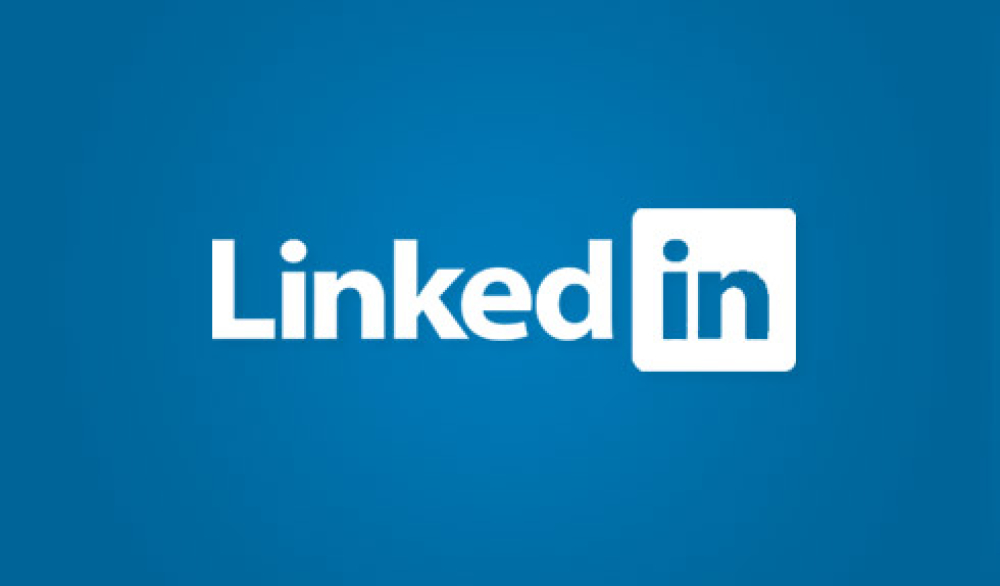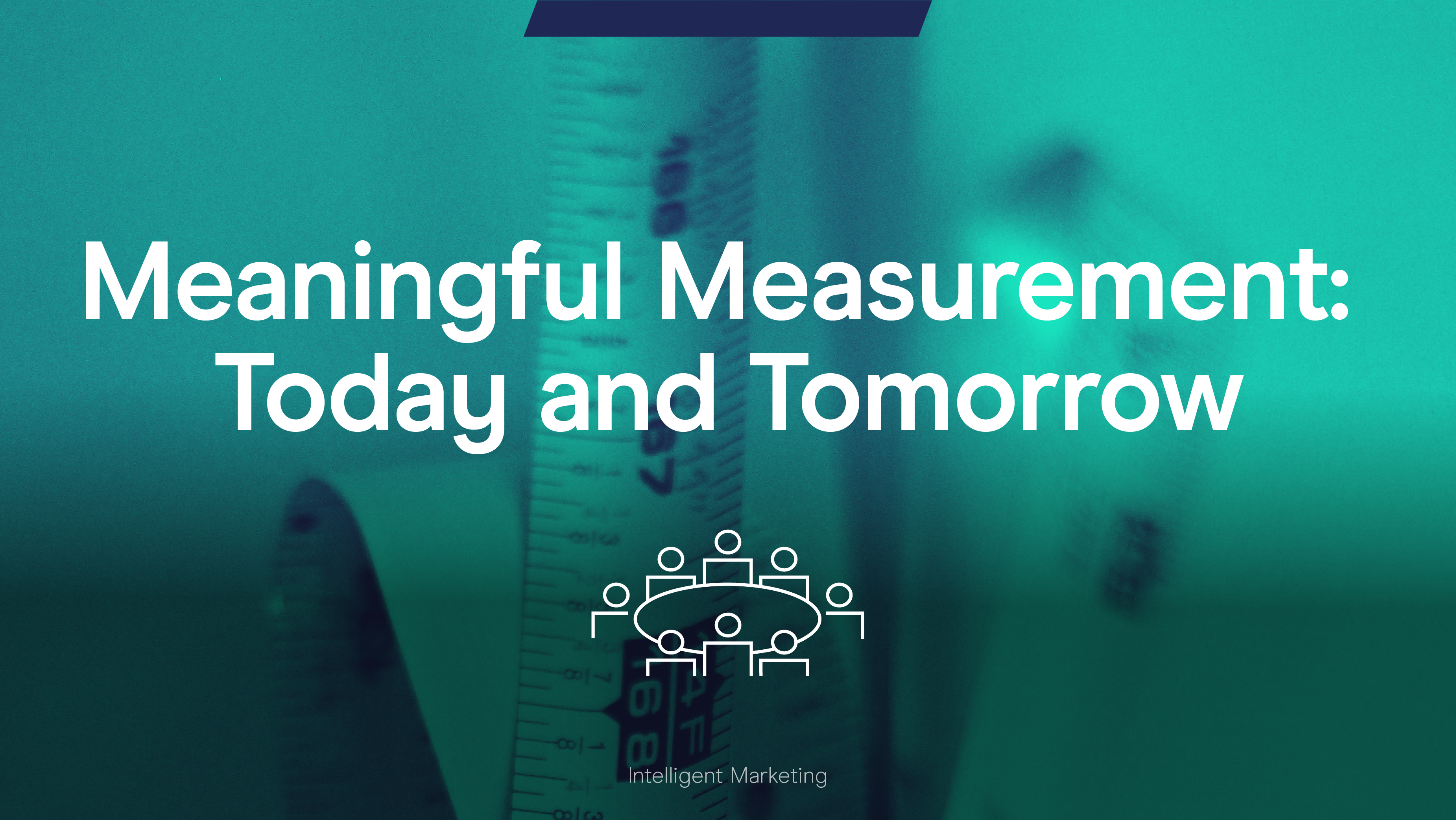LinkedIn Stops Private Marketplace Deals in the U.K.
11 Feb 2015

LinkedIn has become one of the first publishers in the U.K. to stop allowing private marketplace (PMP) deals via third-party demand-side platforms (DSPs). This is likely disappointing for many advertisers, as PMPs have become an important addition to many programmatic display campaigns and really gained momentum in 2014. LinkedIn’s unique collection of data made it one of the most desirable publishers for PMPs across advertisers in all sectors.
LinkedIn was relatively late to the PMP game when it started allowing this auction-based bidding model last year. Previously it had saved all its premium inventory for direct deals advertisers set up with LinkedIn in a more traditional reservation model. Its move to PMPs felt like a temporary solution with not a lot of internal resource given to the offering, but U.K. advertisers jumped at the chance to set up deals buying LinkedIn’s highly valuable first-party data with the flexibility of a biddable auction.
The announcement to cut off PMPs comes as a bit of a surprise to the programmatic industry, considering the mass adoption many of the biggest publishers have undertaken in the last 12 months. eBay has even announced a "programmatic-only month" in February to get large advertisers excited about its offering.
The move by LinkedIn came without a lot of warning to existing advertisers, and is likely closely related to LinkedIn’s acquisition of Bizo last year. There is speculation that LinkedIn will build an offering with Bizo to allow its first-party data to be combined with Bizo’s huge audience database and operate on a self-serve platform. If this goes ahead, it’s likely that advertisers will once again need a direct relationship with LinkedIn and their own platforms to access its rich first-party data.
If LinkedIn does go forward with launch of its own platform for programmatic buying, it will likely be seen as a step back for advertisers who value the option of single-cookie space that is achievable when running all display activity through one DSP. If more publishers follow suit, it could limit the value of DSPs, which were created to minimize fragmentation in the industry. The value of using a single cookie for analyzing multi-channel activity and having clear attribution data makes the idea of going back to a multi-platform environment an unattractive one for most advertisers.
To view the article as displayed on the Clickz website, please click here.




Please login to comment.
Comments